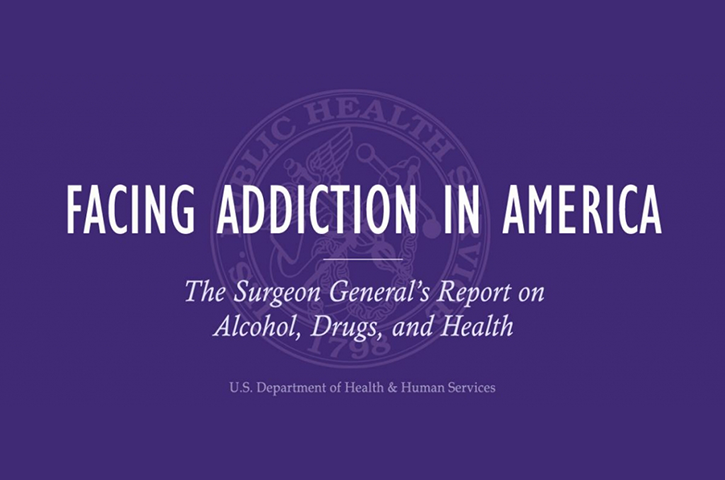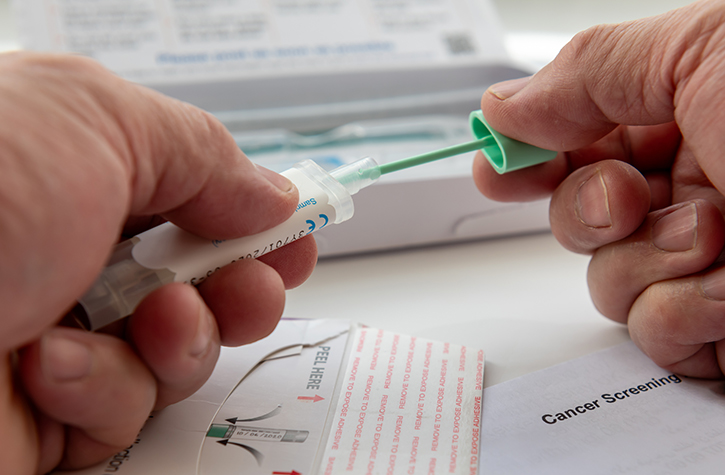Addiction is Illness, Not ‘a Moral Failing,’ Says Surgeon General
The U.S. surgeon general today released a landmark report calling for “a cultural shift in how we think about addiction.” Addiction is a chronic illness, not a moral failing, says the report. It comes at a time when one in seven Americans will experience substance abuse at some time in their lives, but only one in 10 will get the treatment needed.
The report, Facing Addiction in America: The Surgeon General’s Report on Alcohol, Drug and Health, marks the first time a U.S. Surgeon General has dedicated a report to substance misuse and related disorders. The report addresses alcohol, illicit drugs, and prescription drug misuse, with chapters dedicated to neurobiology, prevention, treatment, recovery, health systems integration and recommendations for the future.
Constance Weisner, DrPH, senior research scientist at the Kaiser Permanente Northern California Division of Research, wrote the report’s chapter on health care systems, which highlights Kaiser Permanente in several places and cites several studies from the Division’s scientific section on Behavioral Health and Aging.
“Alcohol and drug addiction take an enormous toll on individuals, families and communities,” said U.S. Surgeon General Dr. Vivek Murthy. “Most Americans know someone who has been touched by an alcohol or a drug use disorder. Yet 90 percent of people with a substance use disorder are not getting treatment. That has to change.”
The report identifies substance use disorders as a public health problem that requires a public health solution. It recommends taking action by eradicating negative attitudes and changing the way people think about substance use disorders; recognizing substance misuse and intervening early; and expanding access to treatment.
Data from the 2015 National Survey on Drug Use and Health (NSDUH) reveal that more than 27 million people older than 12 – or about 1 in 10 Americans – used an illicit drug (or misused a prescription drug) in the past 30 days and 17.3 million reported heavy alcohol use in the past month. In 2015, approximately 20.8 million Americans older than 12 had a substance use disorder related to their use of alcohol or illicit drugs in the past year.
The Report recommends a broad array of actions needed at the federal, state and community level to expand access to evidence-based treatment services and prevention programs, and recognizes the work that will need to be done to operationalize them. For example, the Report recommends full integration of addiction treatment services with general health care, but notes that is not possible without a well-trained and fairly-compensated health care workforce. Ensuring the next generation of medical professionals is equipped to screen and treat patients for addiction will require major changes to clinical professional school curricula, and ensuring patients can access these services will require health plans and insurers to pay for them as they do general medical services.
“It’s time to change how we view addiction,” said Dr. Murthy. “Not as a moral failing but as a chronic illness that must be treated with skill, urgency and compassion. The way we address this crisis is a test for America.”
This press release was published by the Division of Research on November 17, 2016.






